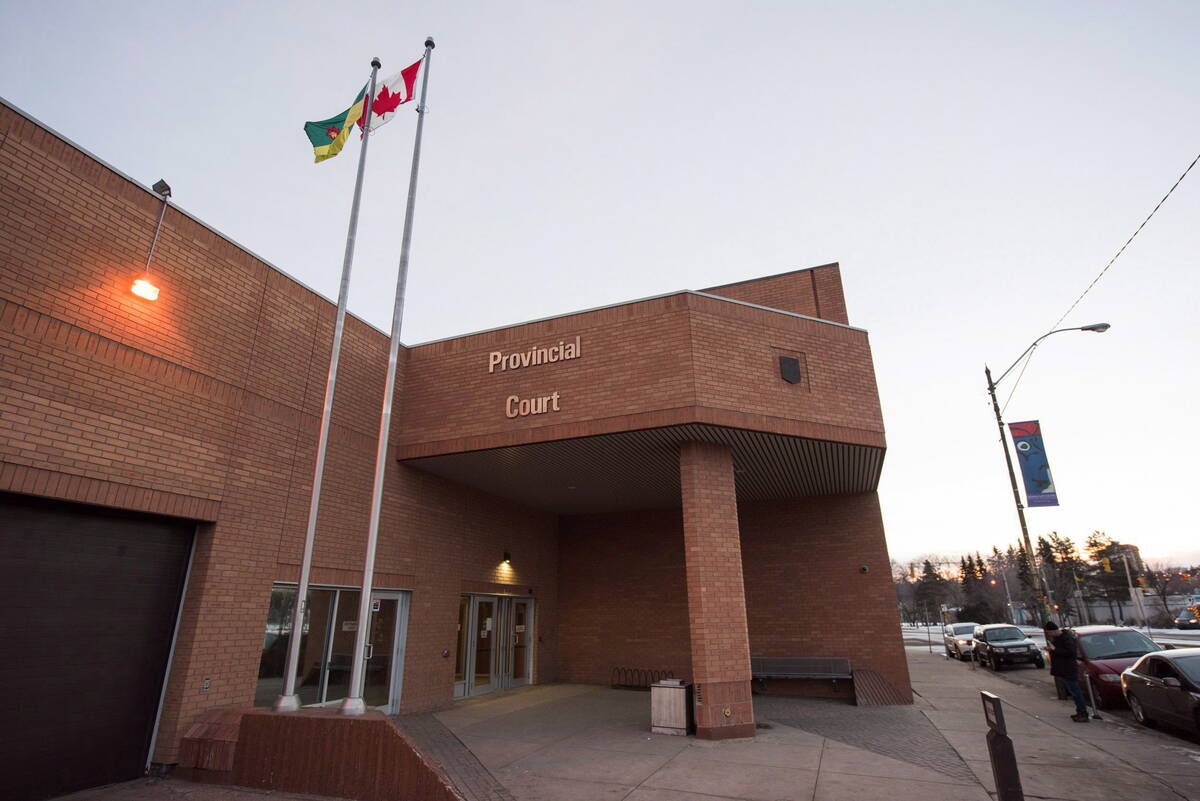Can you refuse to pay your taxes if you honestly believe that the government doesn’t have the authority to collect taxes?
Definitely not, the Ontario Court of Appeal ruled late this summer.
The case involved Jack Klundert, a Windsor, Ont., optometrist, who refused to pay his taxes because he decided the federal government didn’t have the legislative authority to collect income tax.
Klundert did not complete his 1993 income tax, leaving the calculation of total income, taxable income and tax credits blank. In the tax-owing box he put a zero. He signed it, certifying that the information was correct and complete. Above his signature he wrote, “collecting income tax by the government is against the constitution of Canada.”
Read Also

Understand limitation periods if considering civil suit
A limitation period refers to the amount of time a plaintiff has to commence a formal claim in court or lose their ability to pursue it.
He continued his protest against taxes in similar fashion for the next four years. During that time his income was $1,474,389 on which he should have paid $348,231 in tax. This was at a time when a loose coalition known as the Shareholders of Canada was organizing a “detax” movement.
Klundert took a number of steps to avoid the power of the Canadian Customs and Revenue Agency to collect the taxes. He instructed the Ontario Health Insurance Plan, a major source of his income, to make payments to his wife and set up offshore bank accounts to keep his money away from the tax agency.
Klundert was charged with making a false statement in his 1993 return and with tax evasion between 1993 and 1998.
The jury found Klundert guilty of making a false statement, but acquitted him on the charge of tax evasion. In his instructions on tax evasion, the trial judge told the jury that a failure to file or complete returns “might suggest to you an attempt to evade, but if it does suggest to you an attempt to evade, you may nevertheless not find him guilty … unless you conclude beyond a reasonable doubt that that was the purpose he did it for, to evade taxes as opposed to protest.”
Later, in response to a question from the jury, the judge said, “if you are not satisfied beyond a reasonable doubt that the accused had the specific intention to evade income tax and he only did what he did to protest … then the crown has not satisfied you beyond a reasonable doubt of his guilt.”
The court of appeal concluded that the net effect of these comments was to leave the jury with the impression that if someone withheld taxes as a protest and did so honestly, he could not be convicted of tax evasion.
The court said that given the complexity of the tax law, an honest mistake or misinterpretation of the law did not mean tax evasion. However, in this case there was no misinterpretation of the law, rather a decision by the taxpayer that the government did not have the right to impose tax.
The court noted that there are other avenues for challenging a law and that allowing a citizen to decide which law to follow would lead to chaos.
The court of appeal ordered a new trial on both counts. The court ruled that a conviction on making a false statement but acquittal on tax evasion was inconsistent and smacked of a compromise by the jury.
An appeal court cannot overrule a jury and substitute its own verdict. It can only order a new trial. But the court left no doubt that a protest against taxation is not a defence.
This case will be going back to trial, a government spokesperson told me, but no date for the hearing has been set.
Don Purich is a former practising lawyer who is now involved in publishing, teaching and writing about legal issues. His columns are intended as general advice only. Individuals are encouraged to seek other opinions and/or personal counsel when dealing with legal matters.
















